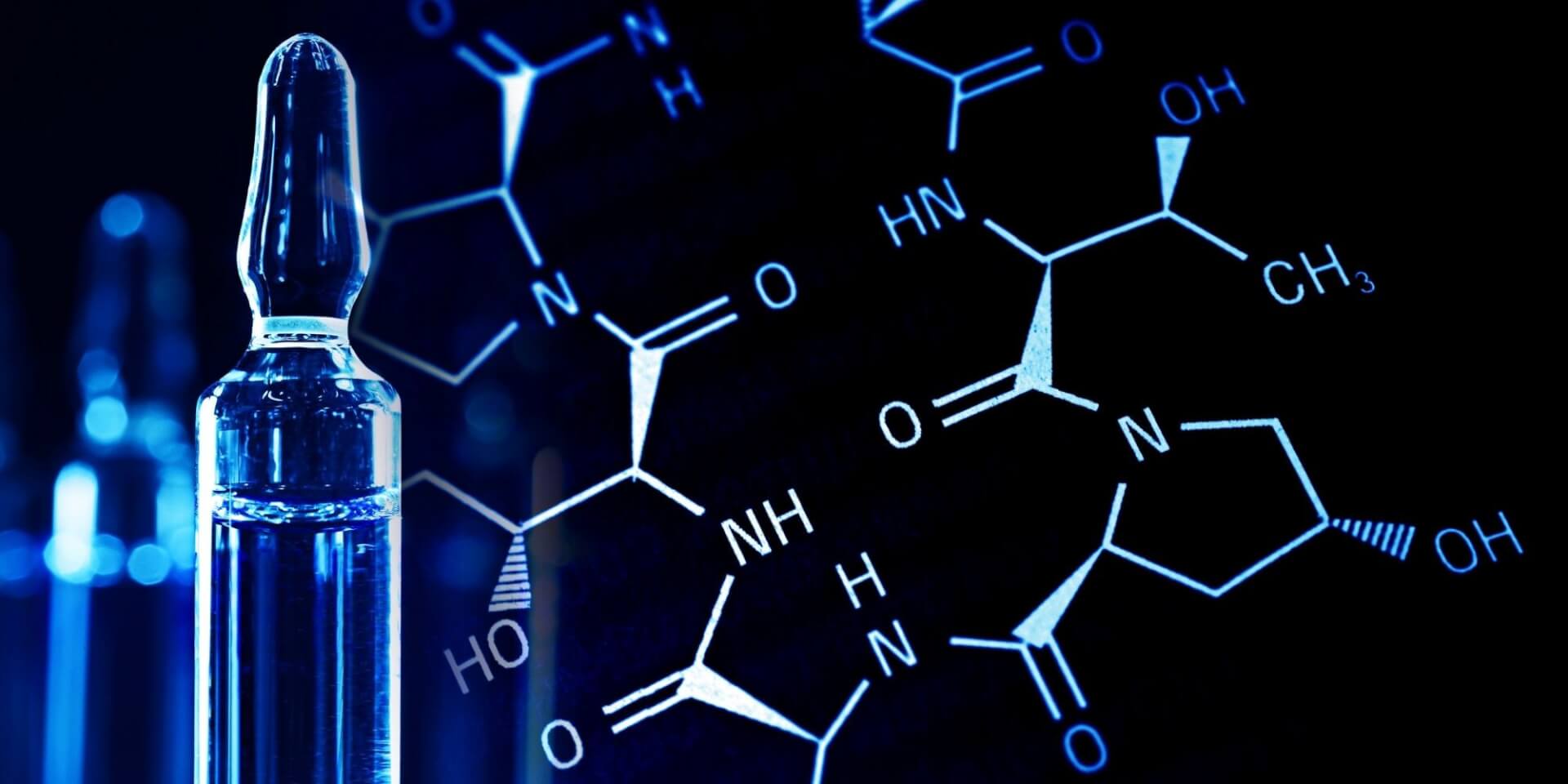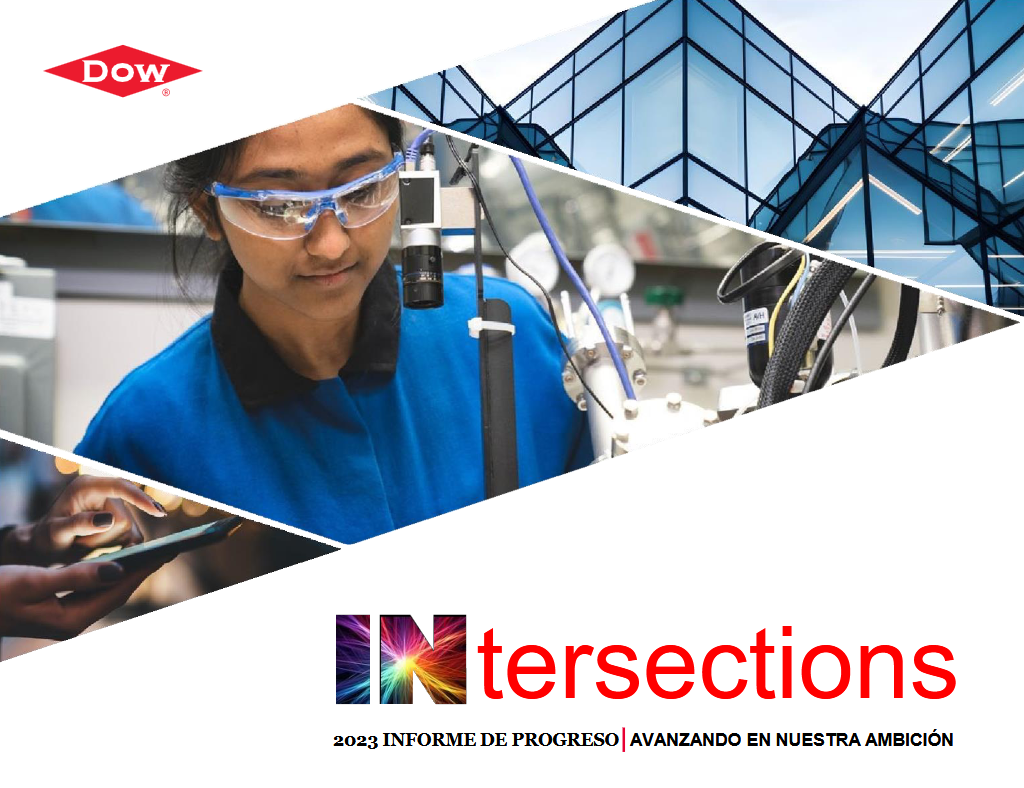The global chemicals industry had sales of $4.7 trillion in 2022.1 While encompassing a wide array of products, the industry can be classified by four segments: basic chemicals, agricultural chemicals, specialty chemicals, and consumer products (e.g., soaps). This report focuses on basic and specialty chemicals. The latter are generally harder to make and see more product innovation.
China leads the world in terms of chemicals industry sales, accounting for over 40 percent of the global market, with much of this in basic chemicals. The United States is still strong in chemicals, especially with companies such as Dow Chemical and Dupont. Chinese companies, however, are making intense efforts to not only gain competitive advantage in fine chemicals (and consumer chemicals), but also invest more in research and development (R&D) and become more innovative, with the government providing significant support.
And as with so many technologies, China has significant cost advantages in chemicals. But can Chinese chemical firms innovate and reach the quality levels of the world leaders? This report assesses this question.
The common narrative is that China is a copier and the United States the innovator. That narrative often supports a lackadaisical attitude toward technology and industrial policy: After all, we lead in innovation, so there is little to worry about, with the exception of perhaps making sure we get more STEM (science, technology, engineering, and math) immigration. First, this assumption is misguided because it is possible for innovators to lose leadership to copiers with lower cost structures, as we have seen in many U.S. industries, including consumer electronics, semiconductors, solar panels, telecom equipment, and machine tools. As Clayton Christenson has shown, followers often attack at the lower end of the market through copying and significant cost advantages and work their up toward higher value-added and more innovative segments, all the while weakening the leaders. Second, it’s not clear that China is merely a sluggish copier and always destined to be a follower.
To assess how innovative Chinese industries are, the Smith Richardson Foundation asked the Information Technology and Innovation Foundation (ITIF) conduct research on the question. As part of this research, we are examining specific sectors, including chemicals.
To be sure, it is difficult to assess the innovation capabilities of any country’s industries, and it is especially difficult for Chinese industries. In part, this is because, under President Xi, China discloses much less information to the world than it used to, especially about its industrial and technological capabilities. Notwithstanding this, ITIF relied on three methods to assess Chinese innovation in chemicals: First, we conducted in-depth case study evaluation of two Chinese chemical companies randomly selected from companies listed on the “EU R&D 2000” list. Second, we held a focus group roundtable with global experts on the Chinese chemicals industry, as well as reviewed the industry and academic literature on the issue. Finally, we assessed global data on chemical innovation, including scientific articles, patents, and innovation awards.





